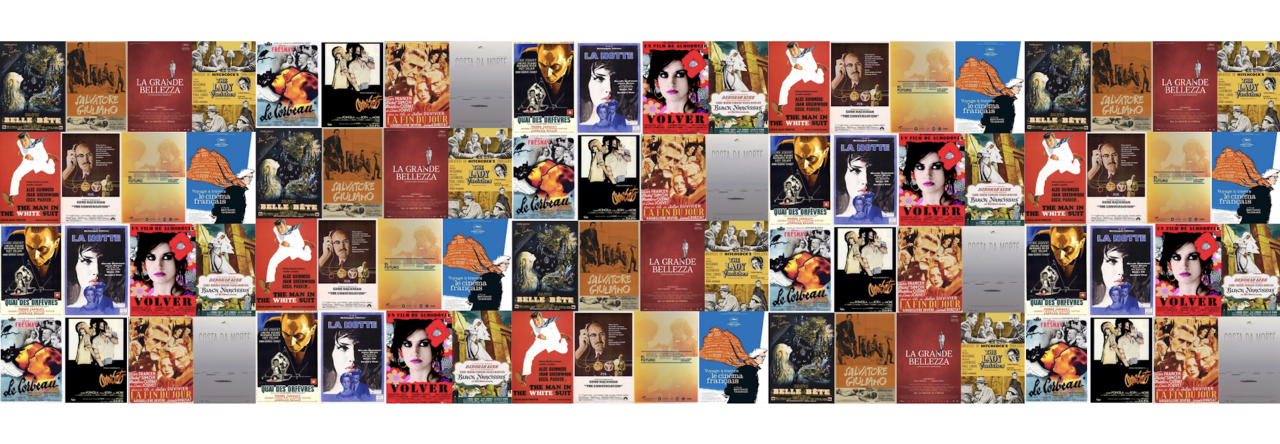
Lluís Miñarro’s opulent and riotous Stella Cadente (which means ‘falling star’) is being released on DVD in the UK next week courtesy of Second Run.
On the surface an account of the short reign of King Amadeo I of Spain in the early 1870s – although this is a film where surfaces can be deceptive – Stella Cadente also functions as a metaphor for contemporary Spain and its ongoing state of crisis. But this is far from being a fossilised heritage drama – the afore-mentioned deceptive surfaces are manifested via a state of Wonderland-like limbo within the walls of the palace, and Miñarro laces the film with perverse humour and surreal juxtapositions (if I recall correctly, Àlex Brendemühl’s Amadeo is dancing to the anachronistic sound of 1970s French chanson in the above image). I was rather bemused by the ‘busy-ness’ of the film when I saw it at EIFF in 2014 (my Eye for Film review can be found here) but liked it sufficiently to import the Spanish DVD the following year – its chief pleasures are sparky performances by Brendemühl and Bárbara Lennie (who plays Amadeo’s wife, María Victoria), and the sense of reality being challenged by illusion in the layered theatricality created by Miñarro (for me, this confusion of reality versus illusion – in combination with the royal milieu – brought Calderón de la Barca’s La vida es sueño / Life is a Dream to mind, although the director didn’t seem overly keen on the comparison when I asked about it during the Q&A). As I noted in my review, the film also includes my favourite subtitle of that year: “Set these rabbits free!”
Second Run’s presentation also includes one of Miñarro’s documentaries, Familystrip (2009) – while his parents have their portrait painted, the director converses with them about their lives, respective childhoods, raising a family in post-War Spain, and the social changes undergone by the country during their lifetimes. It combines oral history with a deeply affectionate cine-portrait of his family. You can buy the DVD directly from Second Run (it is also available from other retailers).


